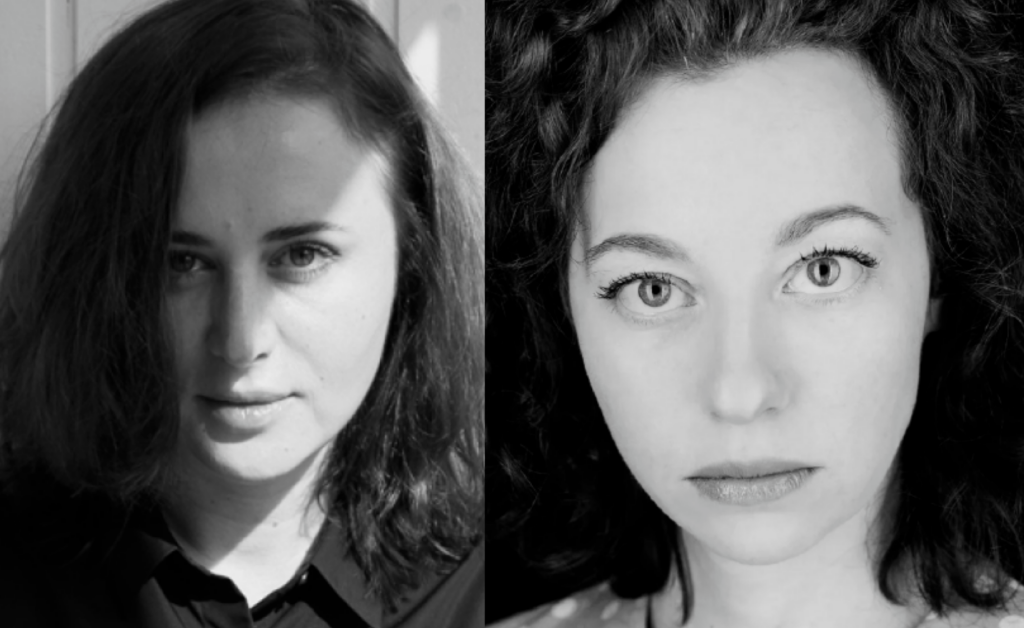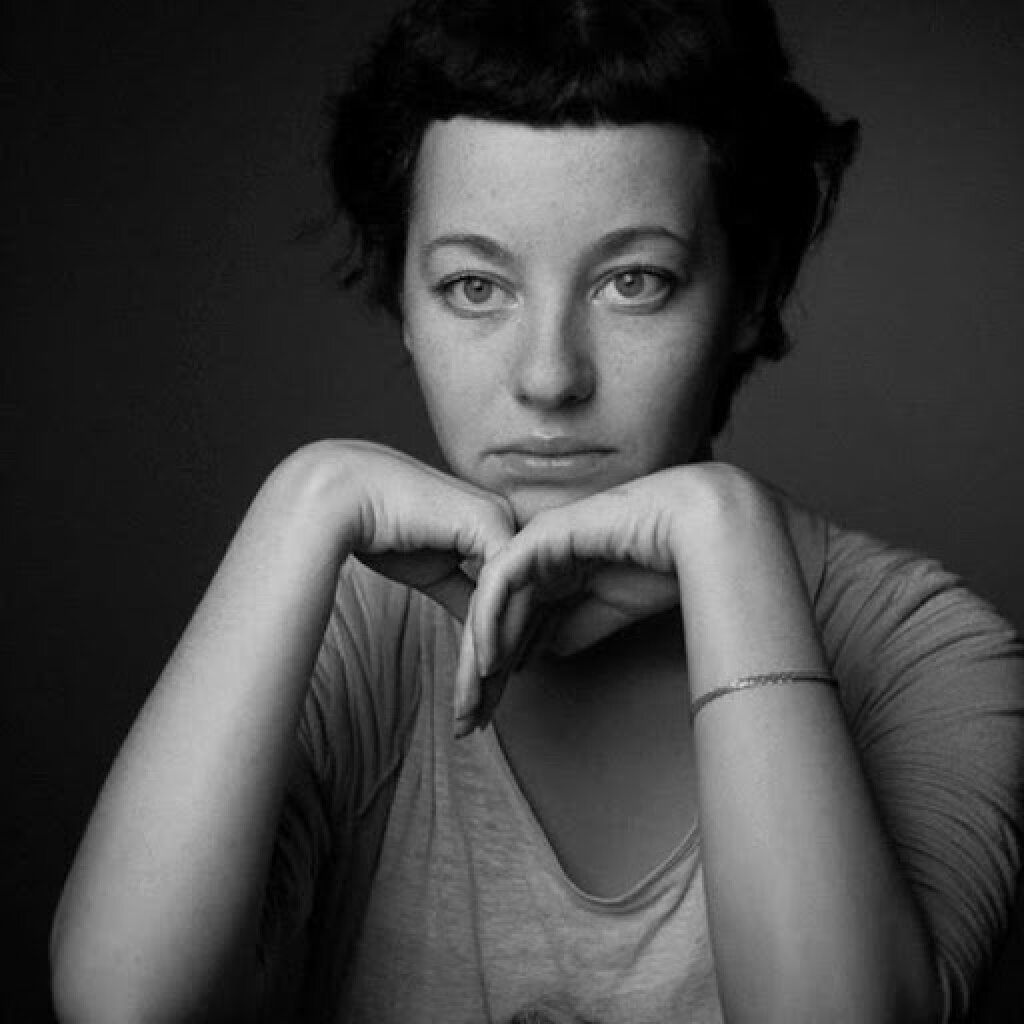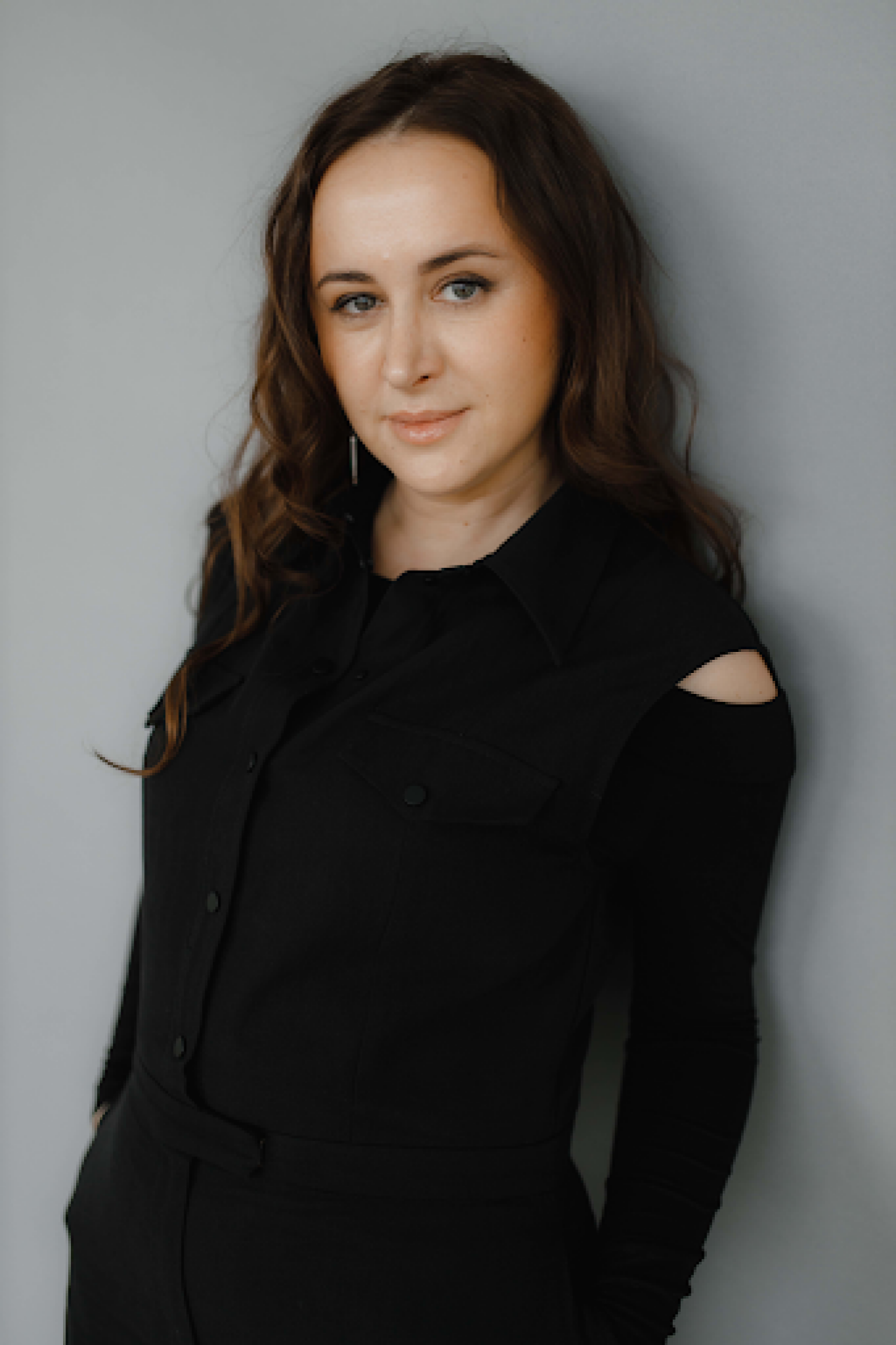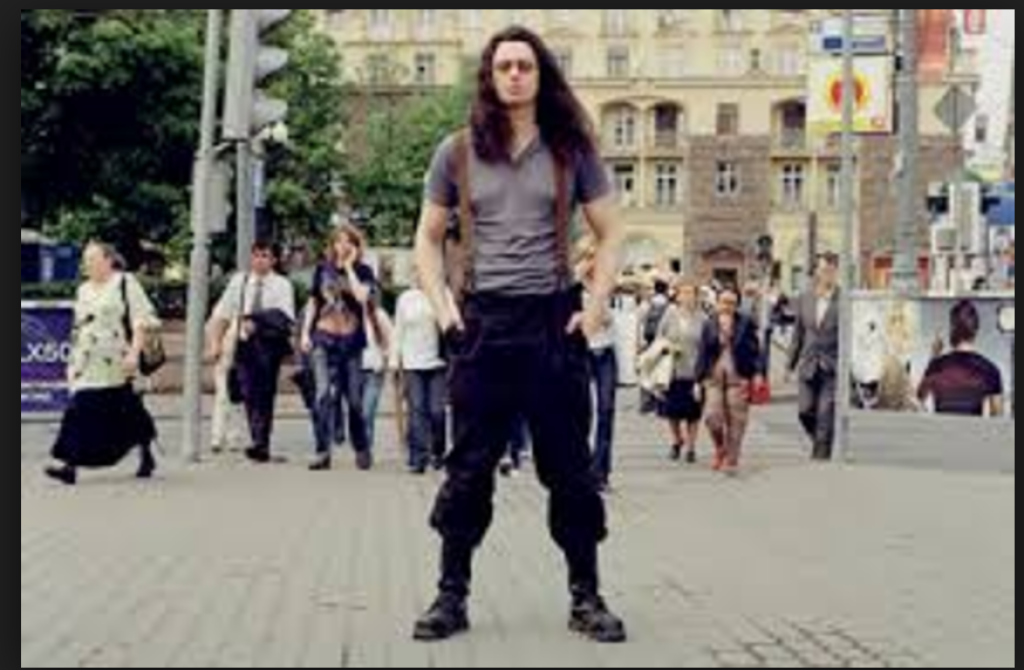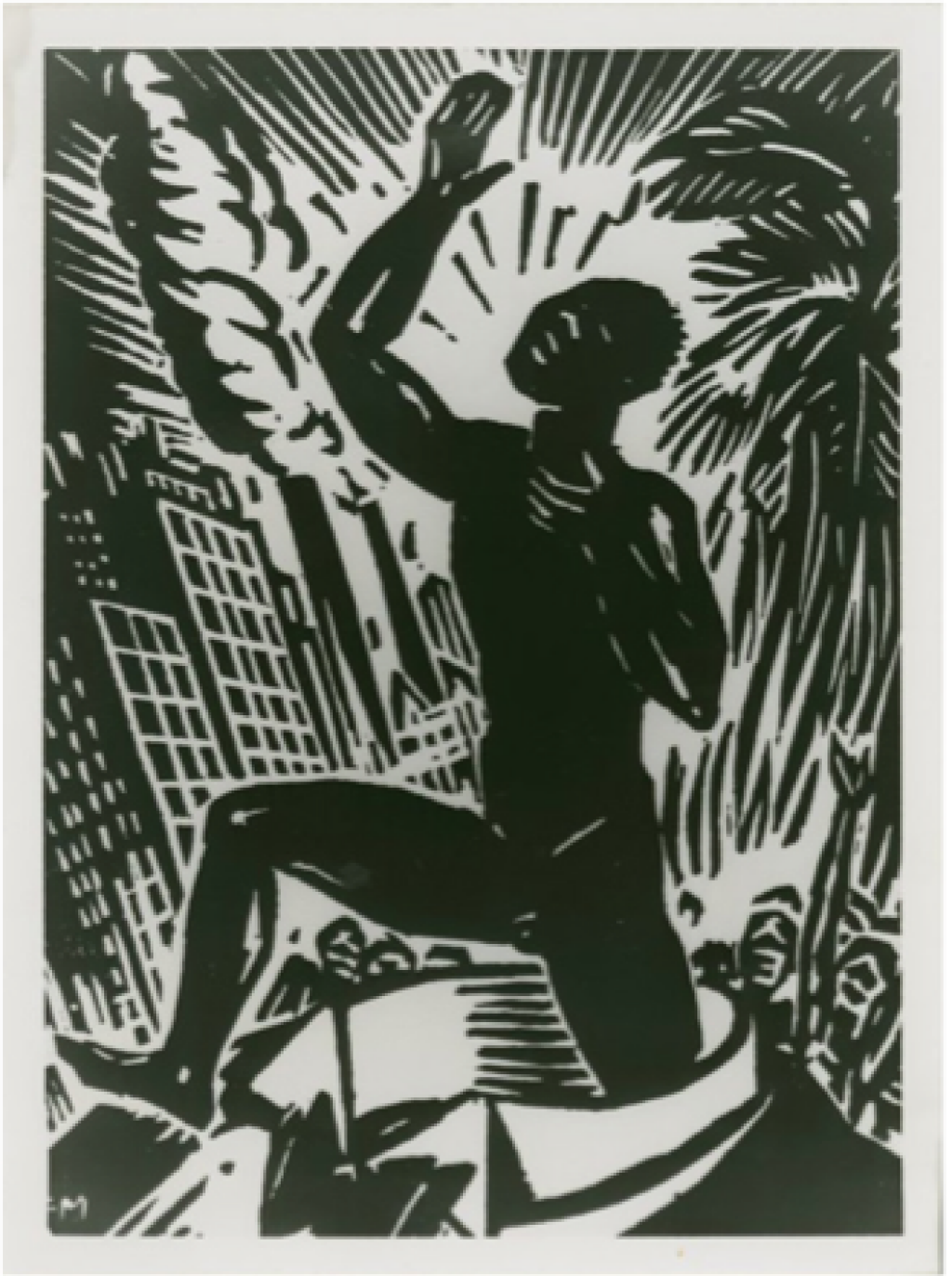The Jordan Center stands with all the people of Ukraine, Russia, and the rest of the world who oppose the Russian invasion of Ukraine. See our statement here.
Above: Svetlana Petriichuk (left) and Eugenia (Zhenya) Berkovich (right). Source
On 4 May 2023, Russian theater director Eugenia (Zhenya) Berkovich and playwright Svetlana Petriichuk were detained in Moscow as suspects in a criminal case on “justifying terrorism.” A hearing on preventative measures held on 5 May left both women under arrest for two months, until 4 July 2023. Berkovich and Petriichuk were charged under article 205.2, Paragraph 2 of the Criminal Code of the Russian Federation—"Public calls to carry out terrorist activities, public justification of terrorism, or propaganda of terrorism,” which carries a penalty of imprisonment for up to seven years.
The reason for the criminal case, and for Zhenya and Svetlana’s arrest, is the performance of the play “Finist the Brave Falcon,” which Svetlana wrote in 2019 and which was staged under Zhenya’s direction in 2020. The play’s heroines are Russian women recruited through social media to join radical Islamists in Syria under the pretext of romantic relationships and marriage. After leaving Russia to join the men they thought would become their husbands, some women eventually return, only to find themselves arrested and put on trial. In “Finist the Brave Falcon,” documentary interviews and court records intertwine with plot elements from a Russian fairy tale of the same name. Svetlana’s “Finist” shows that sexist myths associated with female expectations of love, along with stereotypes about men taking the lead in romantic relationships, destroy women’s psyches and make them easy prey for terrorists. Both the play and its 2020 performance conveyed a clear anti-terrorist message; moreover, though it was staged by the independent theater company SOSO Daughters (founded by Zhenya in 2018), it received state funding. In spring 2022, the play received a Best Costume Designer award at the Golden Mask festival, presented by the Union of Theater Workers of the Russian Federation. Svetlana herself was recognized for “Finist” with a Best Work by a Playwright award.
Zhenya and Svetlana’s arrest marks the first Russian criminal case against artists, where the act of creativity itself becomes the reason for repression. This precedent signals to all cultural institutions that censorship has now entered a new, punitive phase. It is also no coincidence that the target of this most recent style of repression is a feminist play. Protecting and justifying patriarchy has become the most important tool by which today’s Russian authorities seek to influence the masses. The government’s commitment to patriarchy has even been enshrined at the legislative level through Decree no. 809, “On the approval of the foundations of state policy for the preservation and strengthening of traditional Russian spiritual and moral values” from November 9, 2022. That Svetlana and Zhenya are being tried precisely for their feminist convictions is clear from the absence of even a single fact within the case file to confirm the accusation against them—with the exception of a so-called “destructological examination” that equates feminism with terrorism. This “examination” is not only anti-scientific, but also procedurally unacceptable, since it was performed by an organization not authorized to carry out expert activities for Russian courts. The document containing this organization’s findings was appended to the case filed despite protests by Zhenya and Svetlana’s lawyers.
Faced with this new act of intimidation of the artistic community in Russia, committed in violation of the constitutional principle of freedom of speech, we ask the international community to support Zhenya and Svetlana.
Their bios follow, alongside links to press coverage of their case.
Eugenia (Zhenya) Berkovich, born in 1985 in Leningrad, is a Russian theatre director, playwright and poet. She graduated from the St. Petersburg Academy of Theater Arts and the Moscow Art Theater School (class of 2013, under the direction of Kirill Serebrennikov). She has worked with the Platform Project, the Gogol Center, the Bolshoi Theater, the Moscow Theater of Young Spectators, and the Alexandrinsky Theater in St. Petersburg. Berkovich took part in many charitable projects, including the “I’m not alone” festival for children living in orphanages. In 2018, she founded the independent theater company SOSO daughters. Always active in the field of inclusive theater, in January 2023 she began working with deaf and hearing-impaired people in the drama project of the GES-2 House of Culture, established by the V–A–C Foundation in 2021.
Svetlana Petriichuk, born in 1980 in Bishkek, is a Russian playwright and screenwriter. She graduated from the Konstantin Raikin Higher School of Performing Arts (Kama Ginkas workshop). In 2018, and participated in Mikhail Ugarov’s drama laboratory at Teatr.doc. She is a laureate or finalist in numerous dramaturgical competitions and festivals, in particular Lubimovka, The First Reading, Remark, and Culmination. Her creative work addresses gender, civic, and social themes. Stagings of her plays are performed in many theaters throughout Russia. In addition to the staging of “Finist the Brave Falcon” with Berkovich, readings and showings have taken place at several theaters and institutions, including a women’s penal colony.
Press about the case

